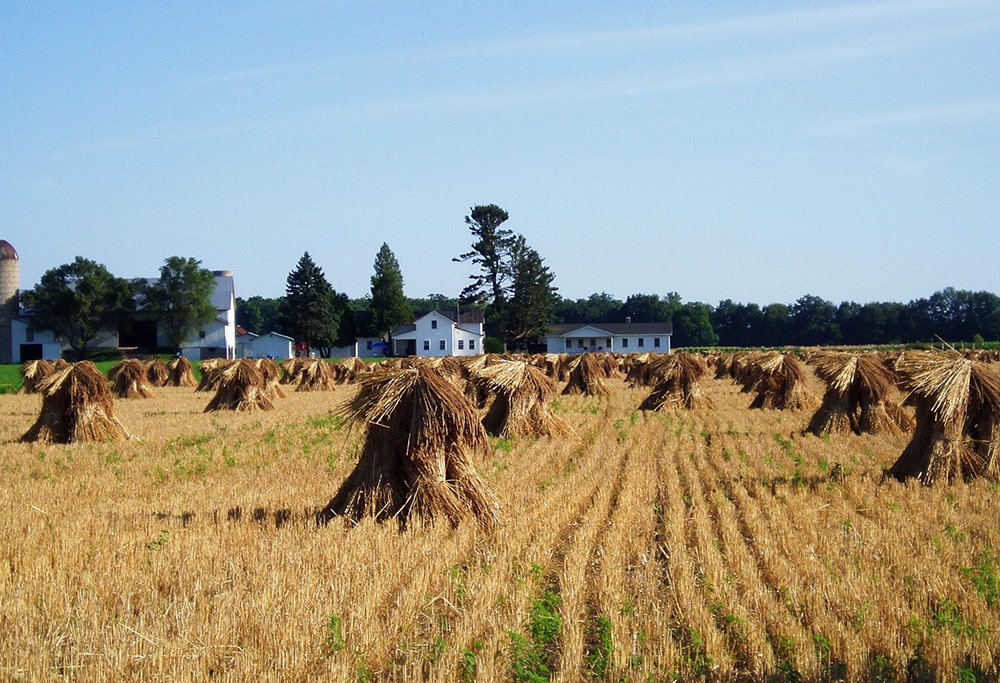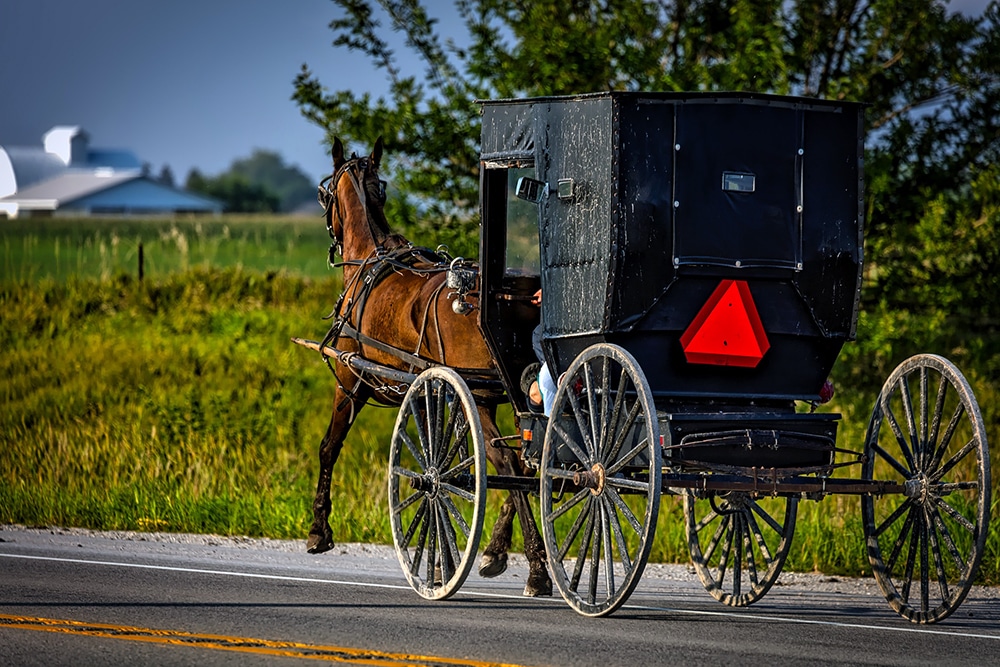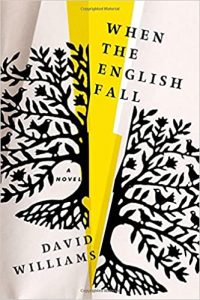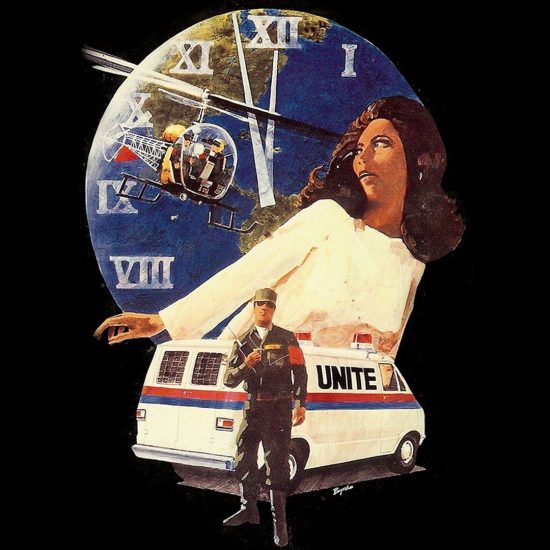

A farm in an Amish community. Photo by Tom Markoski/Pixabay/Creative Commons
(RNS) — I took a walk the other day, because getting some respite from the narrow confines of my little suburban home is a blessing these days. About half a mile from our house, there’s a ubiquitous slice of strip mall Americana. A Burger King. A neighborhood restaurant. A comic book store. A nail salon and a barber. A small footprint grocery store. It’s a little worn about the edges, but it usually gets the job done.
Like all of America, it feels different these days. Half of the stores are closed, with handmade or printed signs taped to the insides of their glass doors. “Closed Until Further Notice,” read one. Another, essay length, a lament from a small-business owner regretting the shop’s first closure ever. Yellow them around the edges a bit, add a little dust, and you could be wandering through a scene in almost any catastrophe movie.
A small-church pastor, I also enjoy spinning out apocalyptic fiction. The sweet little Presbyterian church I serve is in a small town in an agricultural area, and I’ve crafted yarns that have destroyed that town with robots, zombies and aliens. Not that I have anything against the town. It’s just that end-times narratives are, well, they’re interesting to write. They’ve got edge. Like all apocalyptic stories, they reveal something about human nature. Crisis — being forced to choose what really matters to you — tends to do that.
As entertaining as those stories are, apocalyptic times are rather less entertaining to live through. None of us wants to be an extra in a reboot of “Outbreak” or “Contagion,” and yet that’s where we seem to be right now.
Rather than add to our panic, there’s something about the strange familiarity of this time that should help us endure and survive it. We know this story. We’ve played it out a hundred times in books and films. And just as children learn through earnest play, we should know from those tellings what’s needed to get through this.
A couple of years back, I wrote a novel about the Amish surviving a massive solar storm. With all electronics wiped out, it would be the Amish left standing — at least until the heavily armed and starving rest of us showed up at their doorstep. The novel was told from the perspective of a gentle-hearted Amishman, whose deeply held and plain faith was his rock in a time of earthshaking crisis.

A horse-drawn carriage in an Amish community in Iowa. Photo by David Mark/Pixabay/Creative Commons
In researching that community and considering how to survive such a catastrophe, I found myself thinking deeply over just what makes a people resilient in a crisis.
Some of it is familiar, pure and simple common sense. Maintain emergency reserves, both material and financial. A life built on debt and last-minute chaos-flailing doth not do well when the storm rises up.
 Know how to do things that matter, like gardening, foraging, first aid or hunting. I know snarking on the internet and fretting over one’s personal brand seemed like important things to do, but they are, again, not that helpful when you need to eat or set that broken wrist. There are other things more important still, attitudes of the heart that make it more likely to endure.
Know how to do things that matter, like gardening, foraging, first aid or hunting. I know snarking on the internet and fretting over one’s personal brand seemed like important things to do, but they are, again, not that helpful when you need to eat or set that broken wrist. There are other things more important still, attitudes of the heart that make it more likely to endure.
With that in mind, I reached out recently to a contact in Amish country. The word from that stalwart soul was that those communities are adapting. It’s getting harder in Amish settlements, as their intimate face-to-face pattern of visiting and working side by side is put on hold, with no Facebook Live or Zoom to replace it. School is out, and worship is on pause, and families are now largely alone. Pandemics are a harsh apocalypse for the Amish, who live and breathe by their deeply personal social connection.
What my contact shared mirrored the attitude that I found in researching and writing my novel. Jacob, my narrator, is driven by a deep sense of trust in family, in community and in his faith above all.
Getting through times like this is all about trust and hope, which gives a guiding purpose and meaning to our striving. Faith — not blind ideology, or rigid dogmatism — but faith in a purpose that infinitely transcends us is powerfully adaptive, and the foundation of resilience. It gets you through.
Looking out across our anxious, uncertain world, I was reminded that’s a most useful truth in whatever times of crisis we may face.






